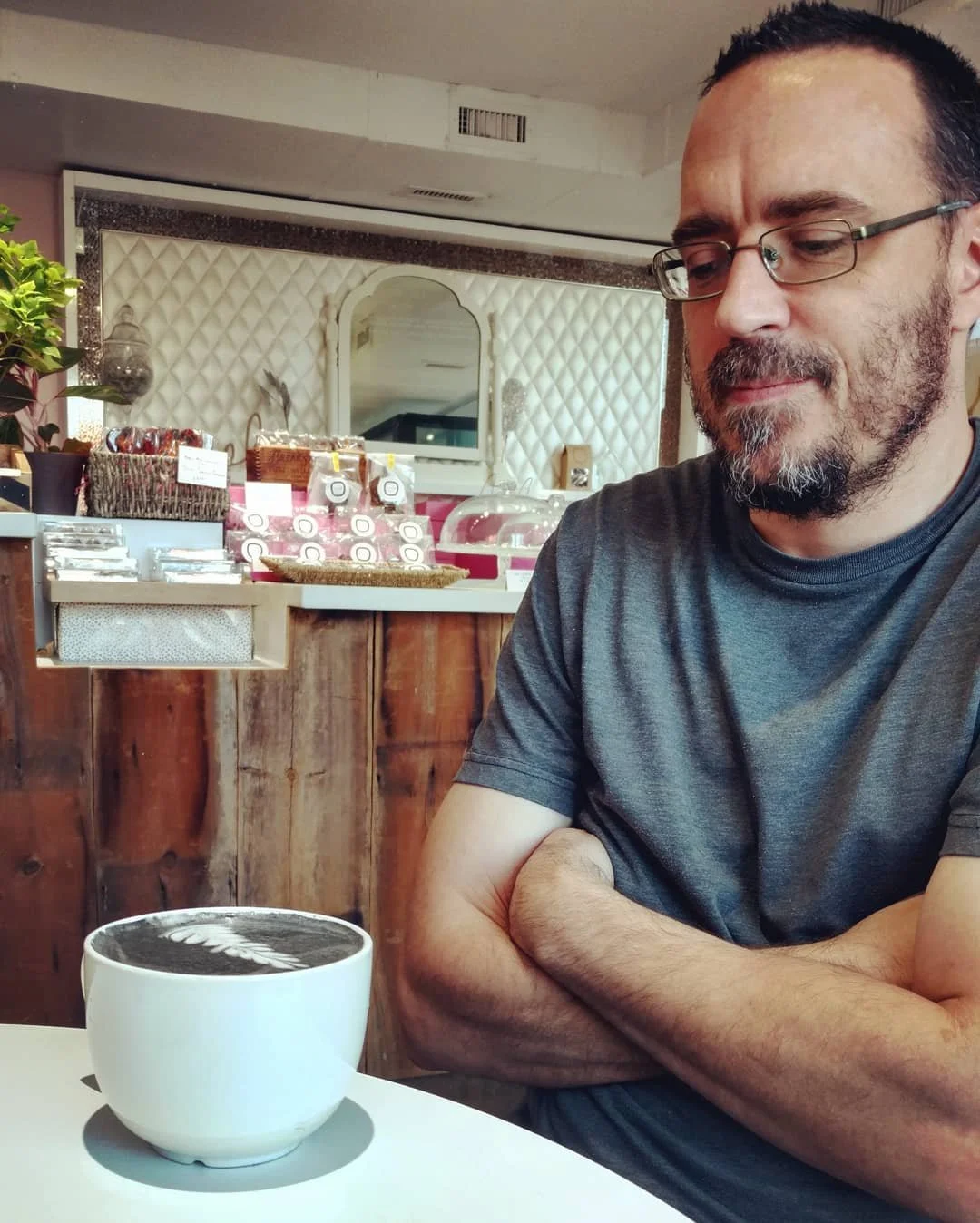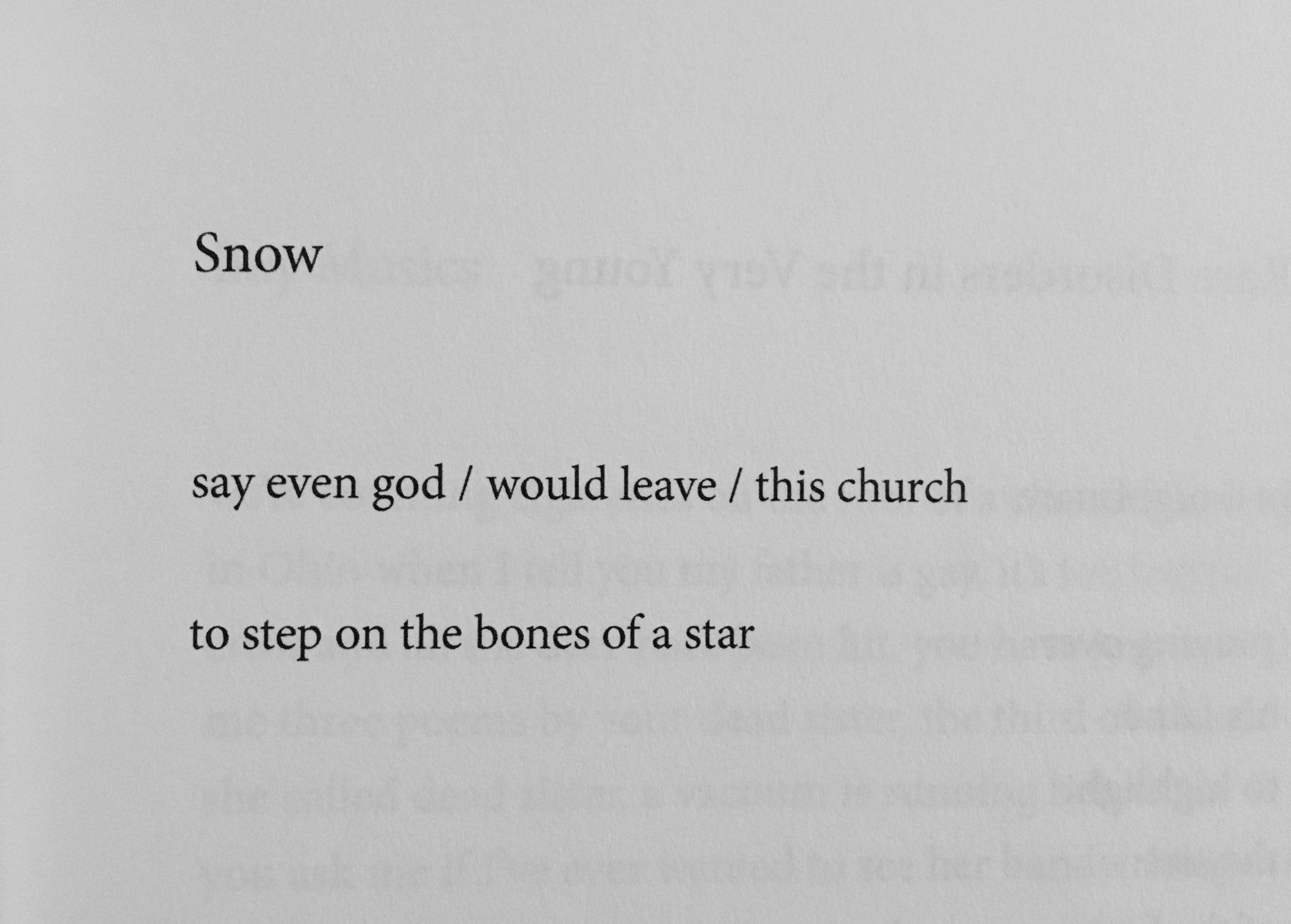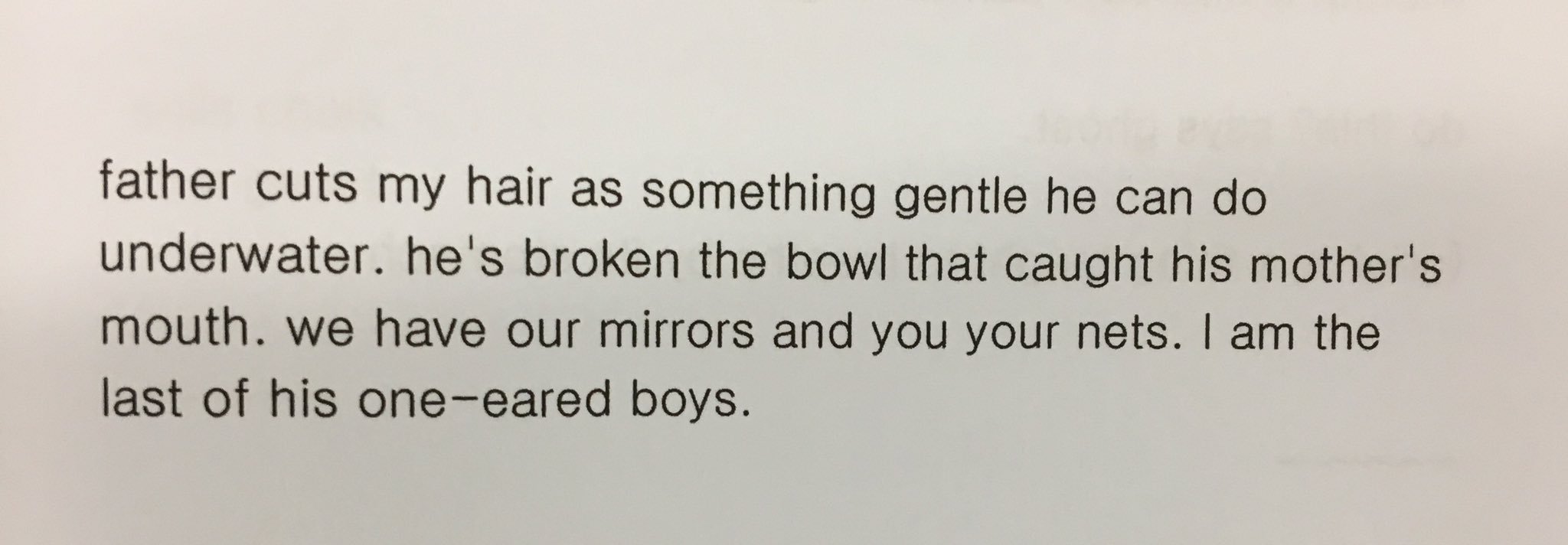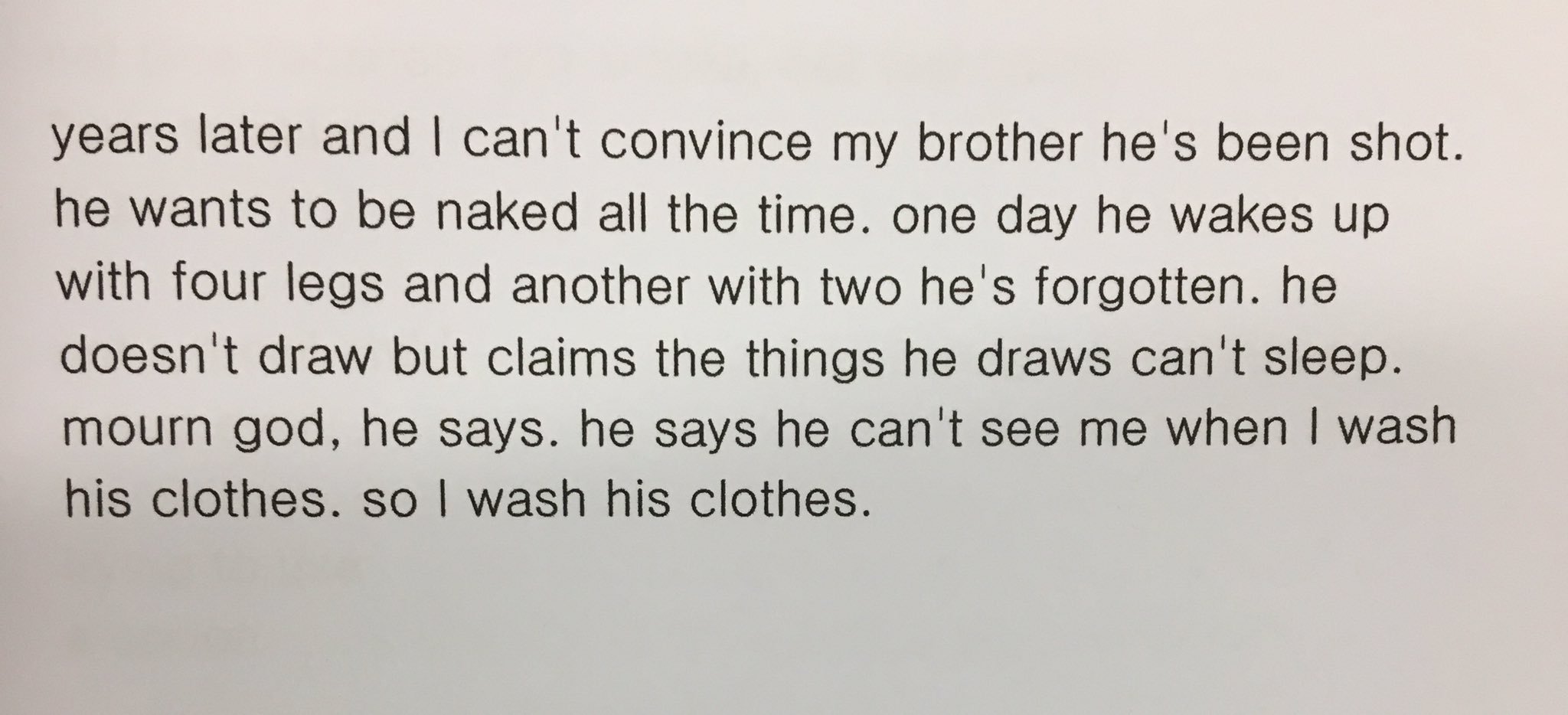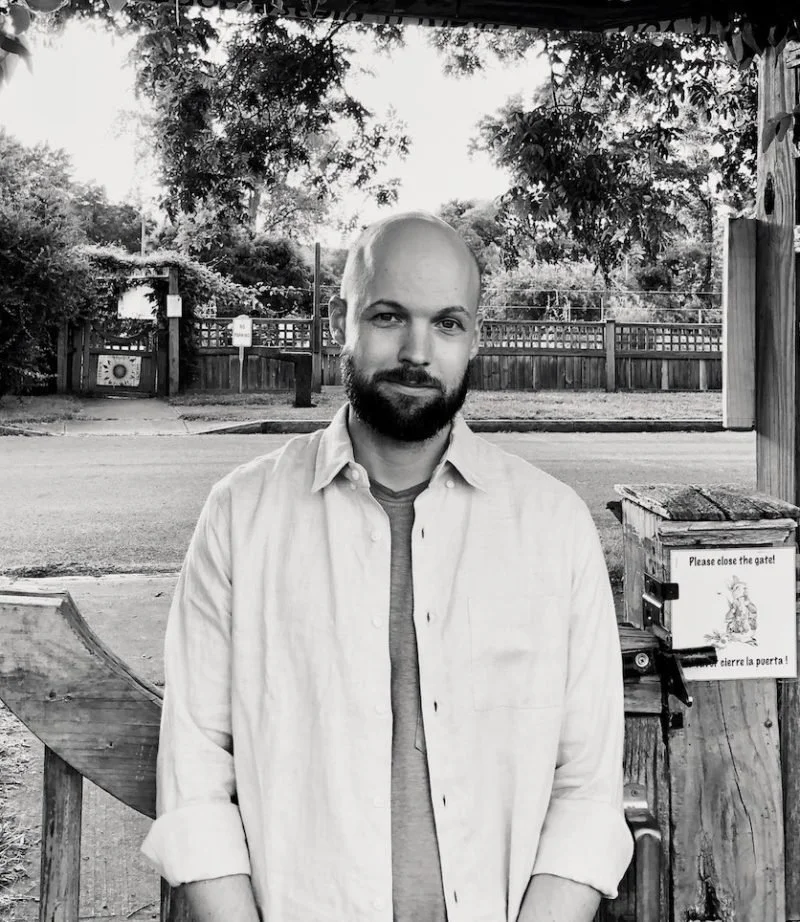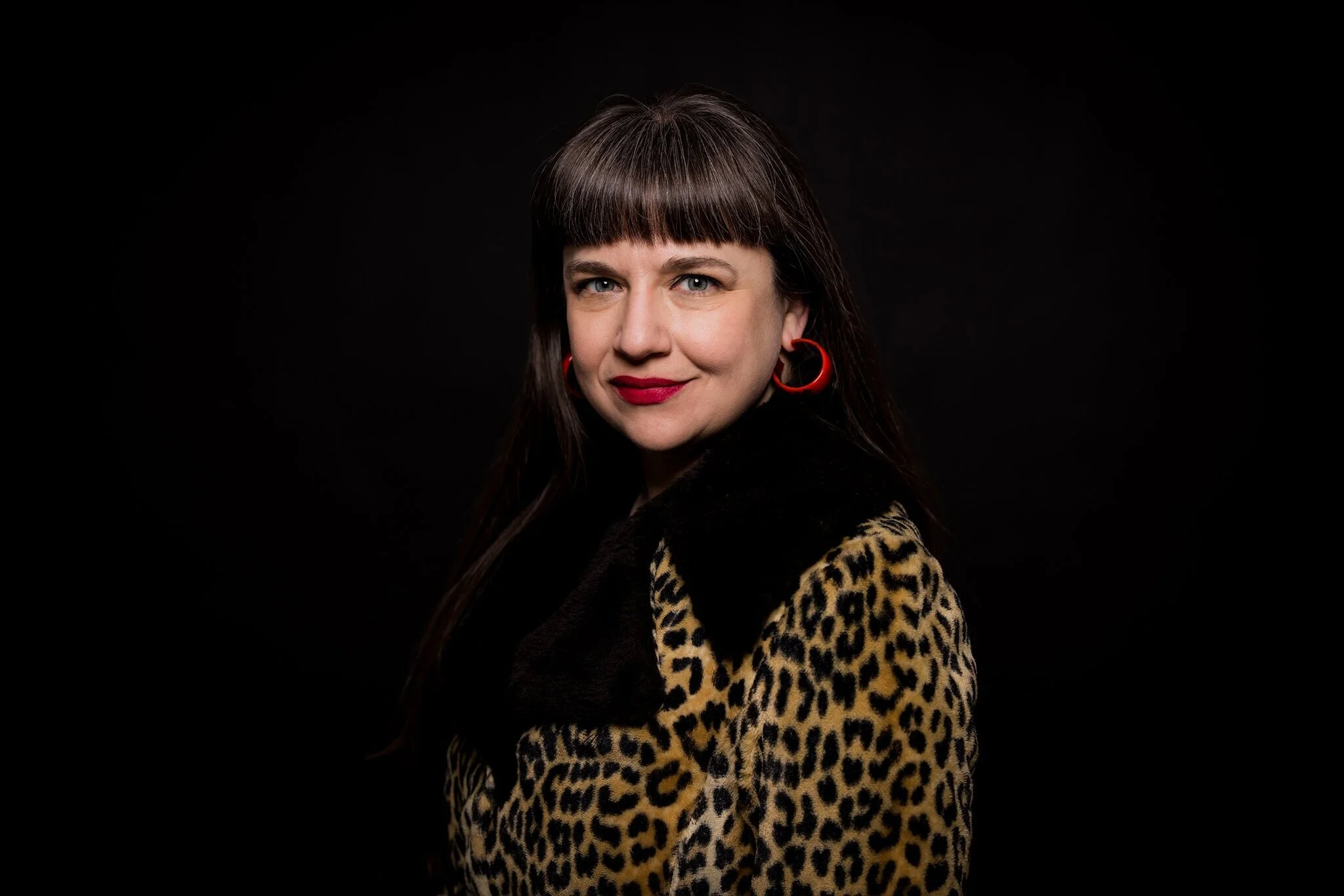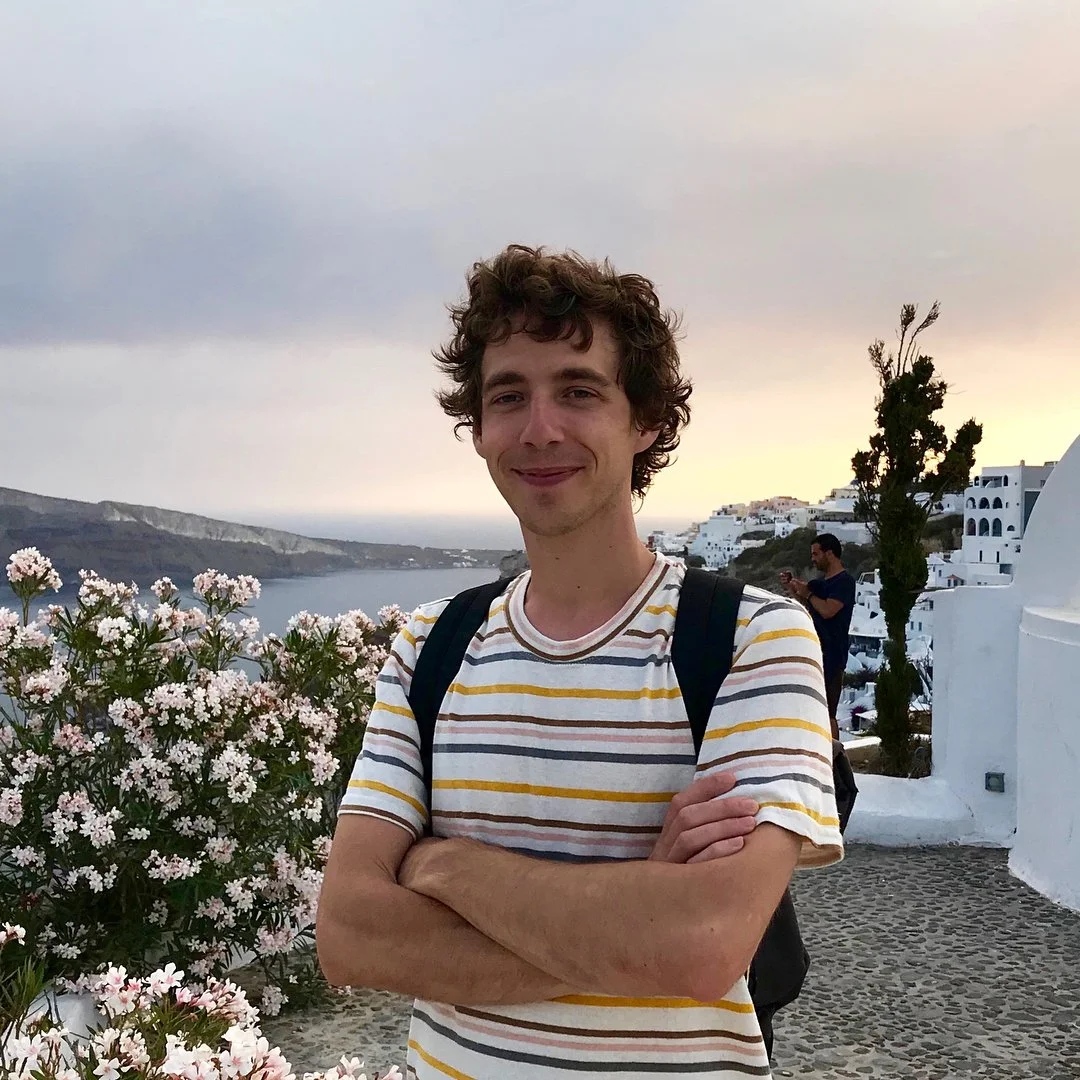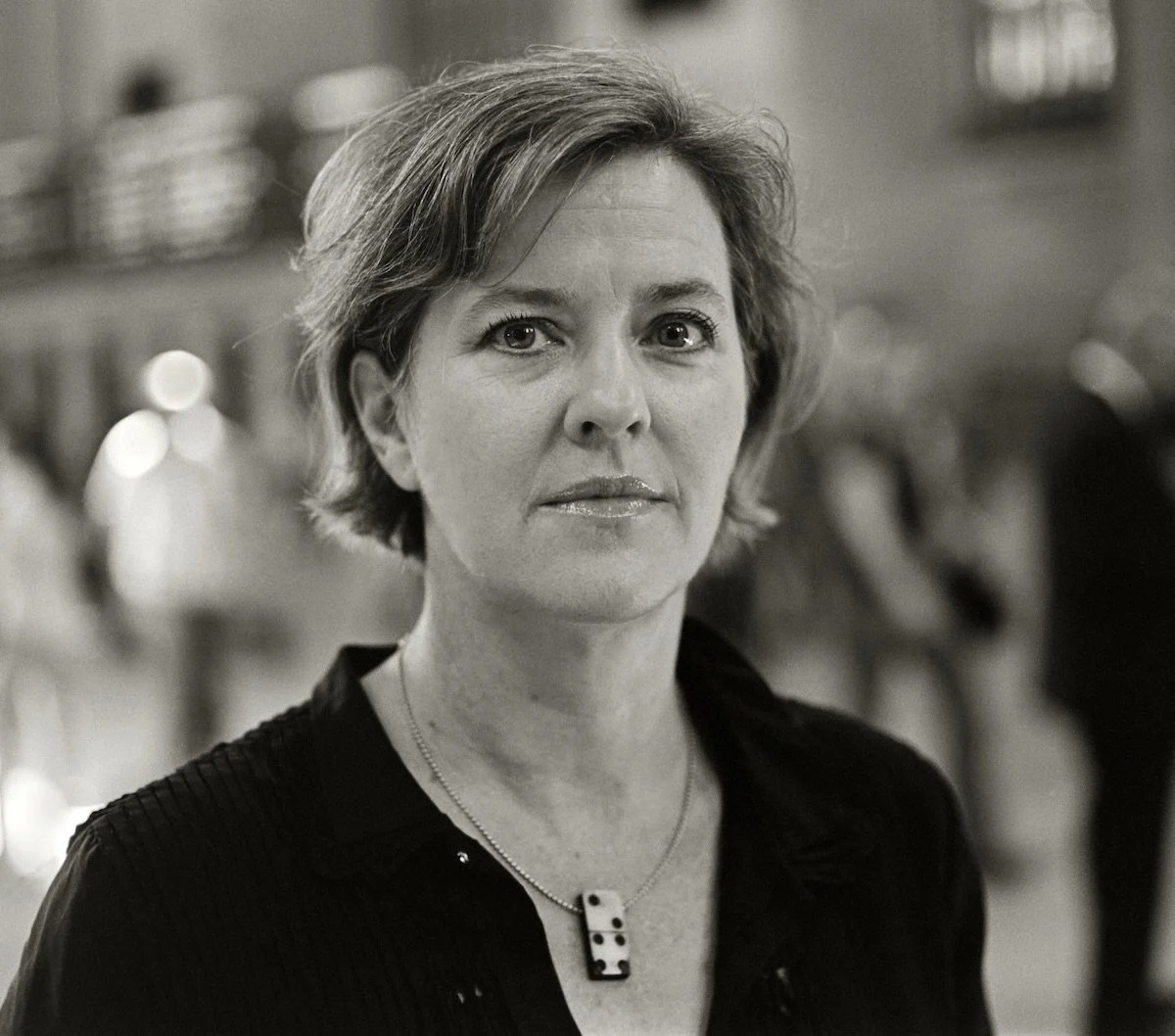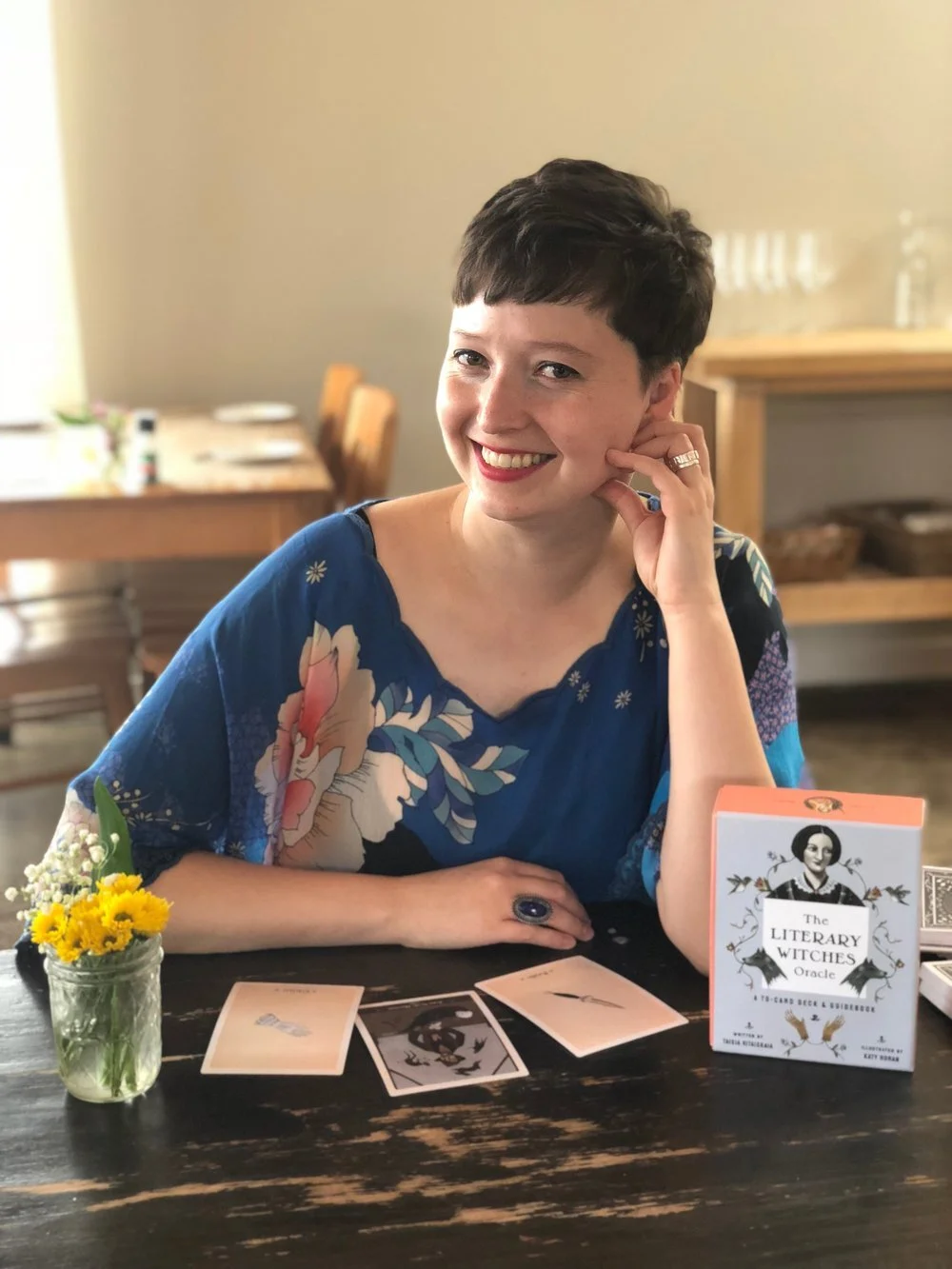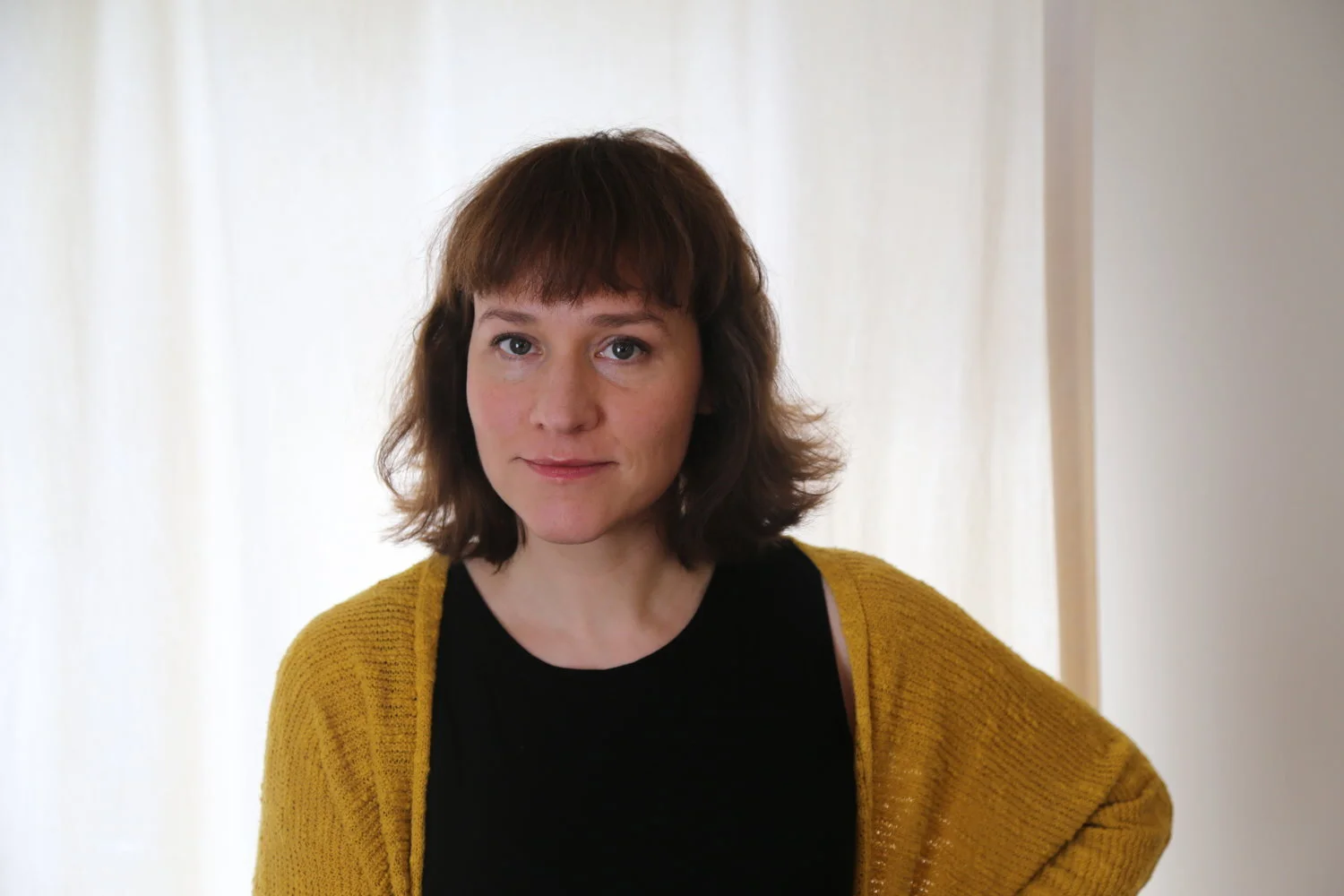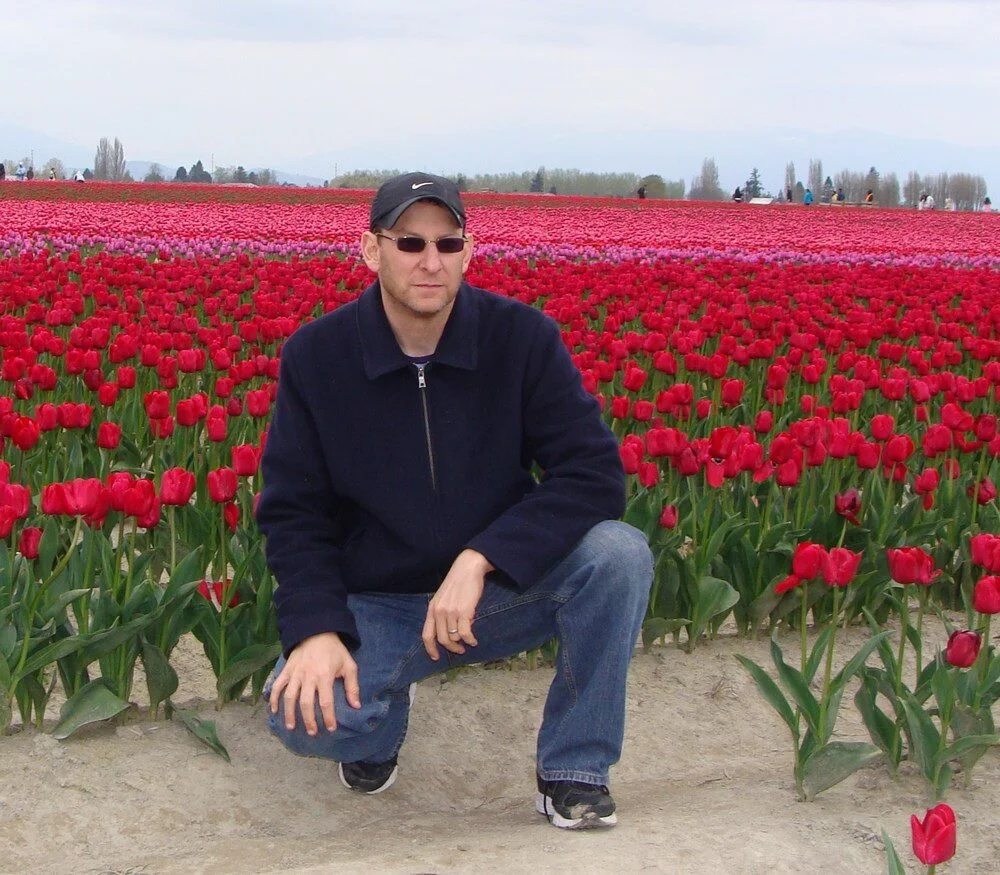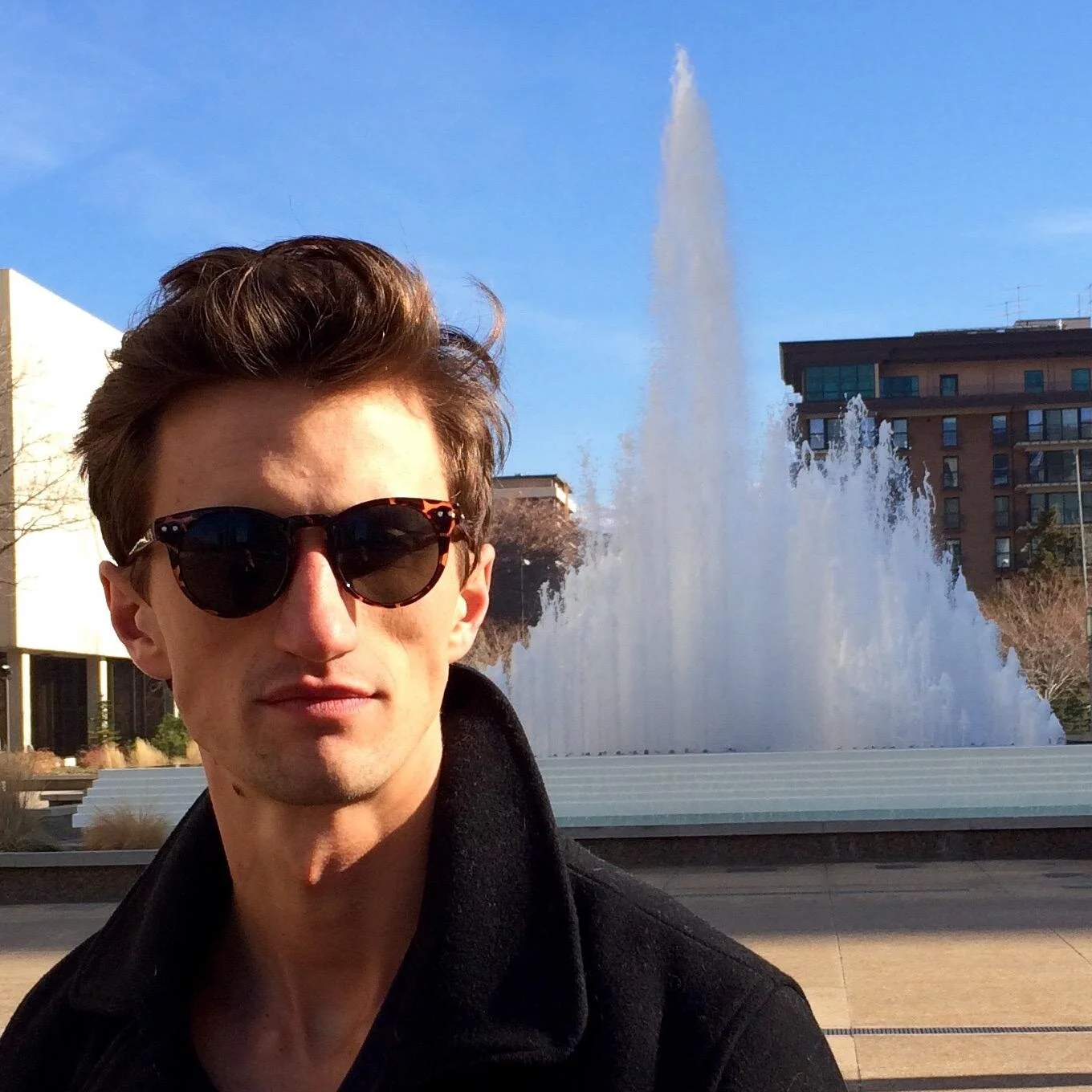When I first started reading the poems of Barton Smock (thanks to a recommendation from Tom Snarsky), he was promoting a self-published book on his Instagram. I thought it was a rare instance and quite the coincidence, having just caught on and enjoyed so much of his precise and surreal poetic vignettes. His website is full of them.
It wasn’t long after this thought that I came to realize that this was no rare instance for Smock: since 2011, the Ohio-based poet has released dozens of books. Goodreads counts 44 collections - and I have a few in front of me that aren’t on Goodreads - so let’s just say an even 50 books. In 10 years. My god.
Here we have a free flowing, zero-fucks-given poet. A poet moving to the beat of his own prolific drum. Inhaling experience and surrealism into his lungs and exhaling a mesh of madcap insight and dream logic snapshots, lines like “in the doll's only dream, the child cuts god underwater” and “after a star it's wrong to name a rabbit” and “the overlooked church of the eel.”
As I said in my end-of-the-year list: do yourself a favor and get familiar with Barton Smock. Scroll through his website, read his prose poems, grab a book. You can pay what you want. To start to read is to have no idea where you are about to go. And doesn’t it feel so free?
Let's start with an icebreaker: what's the last good book you read and what's the last line of poetry you've written.
Book-wise, am currently reading Trashlands by Alison Stine and The Dictionary of Obscure Sorrows by John Koenig, with the former about creating new things for old words to have and the latter about creating new words for old things we should probably claim. That said, there should be a new word for what author Alison Stine does with, and for, fiction.
Last line of poetry I’ve written?
god and time mark differently the length of death’s dream
I was introduced to your work through your 'City' series, available as a lengthy, ongoing sequence on your website as well as included in your collection, untouched in the capital of soon. How do you know when a sequence is done?
A mix of things, or a different thing each time. Intuition. Interest. Usually it’s when I no longer get a spiritual lift from plagiarizing my current self with my previous.
Your independent publishing is refreshing and inspiring. When did this first begin?
2011 is when I self-published my first work called the paper dolls have been cutting your hair.
It was basically a way to follow some threads, cut some off, and put everything in a place where I could say ‘go there, if’ and maybe I’ll leave you all.
I didn’t end up leaving.
Do you find that self releasing takes the pressure off of submitting and sending out poems?
No. The pressure is the same, to me. Of putting something out there. Of saying, this would happen, with or without. Of asking how can I stop this, and if I can’t, then when does it stop me.
Do you still submit to journals/presses or do you keep it 100% independent?
I don’t submit, no. Not currently, anyway. If I get that intermittent urge to be somewhere, with others, I will. But I have to be prepared for that sting, which shouldn’t sting, but does. That said, I admire all the workings that make this thing go. Those who submit, those who don’t. If work is being done, I’m here for it.
What are you currently working on?
A series of poems under the heading of ‘ghostalgia’. What if we’re not haunted by the past but instead by the upcoming moment where it becomes older than us? Or something. Anyway, it’s an obsession I don’t, or won’t currently, deny myself.
I don’t know if this is okay to say, and doesn’t need to go here, but am also working on a response to the series of poems you sent me that you titled ‘pour your king trash down my throat’. If I can do enough not to weaken it, I’ll be okay with that, ha.
via poets.org
Your work is a mixture of tiny little snapshots, fifteen words or so, mixed with surreal prose poems. How do you approach the page and / or how does the poem begin to speak?
Often intentional, if I see the structure first, like a drawing, and then I just let the same stars fall. If I gather said stars, it looks like prose…if I don’t, then, the snapshots. Other times it depends on what I’m reading, or how much time I have, or, if writing in longhand, the size of the paper coupled with the present state of my handwriting.
What are some books that have inspired and captivated you along your journey?
So so many. I have to say the books of Franz Wright, as work that glows and muscles and ends the world seemingly randomly every time. And anything by Jill Chan, her book What to Believe, etc. All I can say is seek her work out, and share it, and keep it safe.
Also, The Hunter and Disquiet, by Julia Leigh.
Outside of poetry, have you written and/or are you writing any longer prose?
Am not, no. But, inside of poetry, I imagine myself doing nothing that I might have later landscape as opposed to this lowkey love of toolshed.
Outside of your own art and writing, what albums/artists/plays/films have captivated you in recent months?
Album would be Wooden Cave by Thin Lear. Movie-wise…Mass, The Novice, and The Lost Daughter have become a trinity enough to keep me up thrice past insomnia since seeing each.
If you can, provide a photo of your workspace. What are some essentials while you create?
I don’t have a workspace, really. Have four kids, work from home, etc. I run the shower, or run the bath, or snap awake on the couch. As long as I’m outside of what the actual event is, that’s where I’ll put something in mind or on paper. I could take a photo, but it would be a space concocted from bits that I imagine a writer puzzles over.
For this ongoing author interview series, I'm asking for everyone to present a writing prompt. It can be as abstract or as concrete as you choose.
Prompt: A gun goes off in a dream.
In closing, do you have any advice for early writers? Or rather, what's something you would have liked to have known when you first started taking your writing seriously?
That erasing it all or writing it all are the same lovely option.
